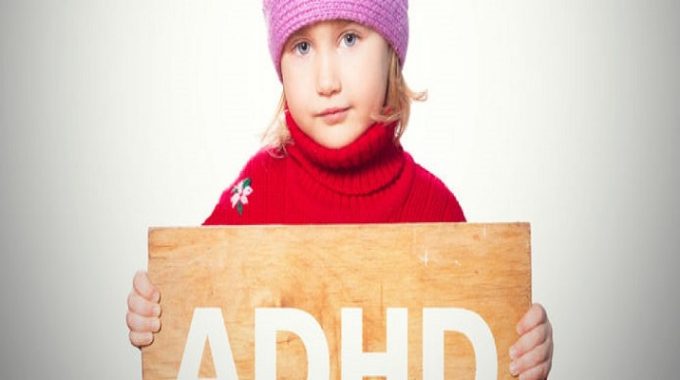
LEARNING DISABILITIES IN CHILDREN
Learning disabilities, or learning disorders, are an umbrella term for a large array of learning issues. A learning disability is no problem with motivation or intellect. Children with learning disabilities are not lazy or dumb. Many are just as smart as everybody else. Their brains are just wired differently. This gap affects how they receive and process data. In other words, children and adults with learning disabilities view, hear, and comprehend things differently. This may result in difficulty with understanding new information and skills and placing them to use. The most typical kinds of learning disabilities include issues with writing, reading, mathematics, reasoning, listening, and talking.
Learning disabilities seem different from one kid to another. One child may struggle with grammar and reading, while another enjoys books but can not understand mathematics. Another child may have trouble knowing what others are communicating or saying out loud. The problems are extremely distinct, but they are all learning disorders.
Preschool and kindergarten educators are in the ideal place to capture early indications and symptoms of a developmental delay or disability and to identify children that are at risk for battles in learning and school. Teachers have to be Conscious of symptoms — and discuss their own observations and concerns with parents and other school specialists.
Common indicators that someone might have learning disabilities comprise the following:
>>Issues studying and writing
>>Issues with mathematics
>>Poor memory.
>>Issues paying attention.
>>Trouble following instructions
>>Clumsiness
>>Trouble indicating time
>>Issues staying arranged.
TREATMENTS
Learning disabilities have no any cure, however, early intervention can diminish their effects. Individuals with learning disabilities may develop methods to manage their disabilities. Obtaining help earlier raises the possibility of success in school and later in life. When learning disabilities remain untreated, a child may Start to feel frustrated, and this May Lead to reduced self-esteem and other Issues



